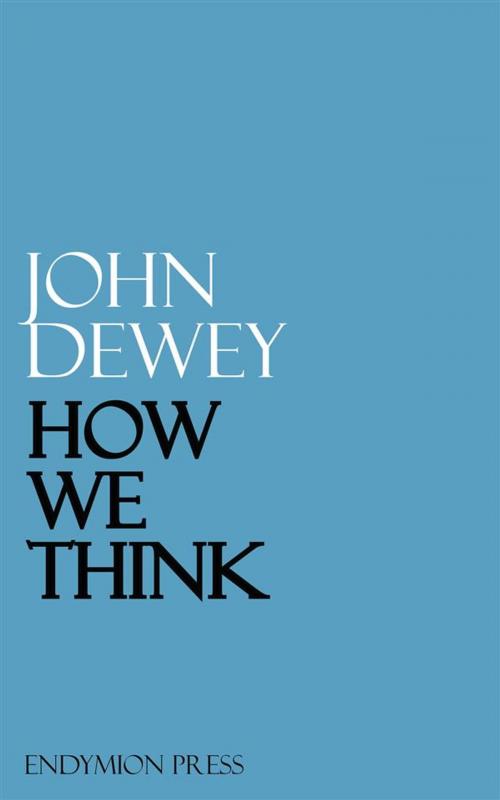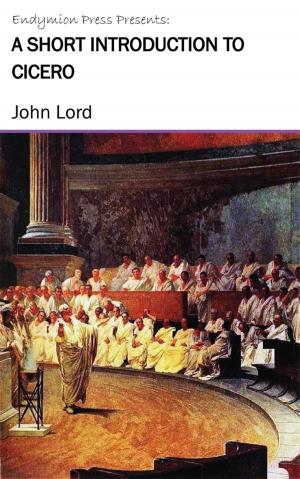How We Think
Nonfiction, Religion & Spirituality, Philosophy, Epistemology, Reference & Language, Education & Teaching, Educational Theory, Philosophy & Social Aspects| Author: | John Dewey | ISBN: | 9781531294748 |
| Publisher: | Endymion Press | Publication: | August 31, 2016 |
| Imprint: | Language: | English |
| Author: | John Dewey |
| ISBN: | 9781531294748 |
| Publisher: | Endymion Press |
| Publication: | August 31, 2016 |
| Imprint: | |
| Language: | English |
One of America’s foremost philosophers, John Dewey (1859-1952) fought for civil and academic freedom, founded the Progressive School movement, and steadfastly promoted a scientific approach to intellectual development.
In In How We Think, Dewey shares his views on the educator’s role in training students to think well. Basing his assertions on the belief that knowledge is strictly relative to human interaction with the world, he considers the need for thought training, its use of natural resources, and its place in school conditions; inductive and deductive reasoning, interpreting facts, and concrete and abstract thinking; the functions of activity, language, and observation in thought training; and many other subjects.
*John Dewey’s influence on American education and philosophy is incalculable. This volume, as fresh and inspirational today as it was upon its initial publication a century ago, is essential for anyone active in the field of teaching or about to embark on a career in education. *
One of America’s foremost philosophers, John Dewey (1859-1952) fought for civil and academic freedom, founded the Progressive School movement, and steadfastly promoted a scientific approach to intellectual development.
In In How We Think, Dewey shares his views on the educator’s role in training students to think well. Basing his assertions on the belief that knowledge is strictly relative to human interaction with the world, he considers the need for thought training, its use of natural resources, and its place in school conditions; inductive and deductive reasoning, interpreting facts, and concrete and abstract thinking; the functions of activity, language, and observation in thought training; and many other subjects.
*John Dewey’s influence on American education and philosophy is incalculable. This volume, as fresh and inspirational today as it was upon its initial publication a century ago, is essential for anyone active in the field of teaching or about to embark on a career in education. *















